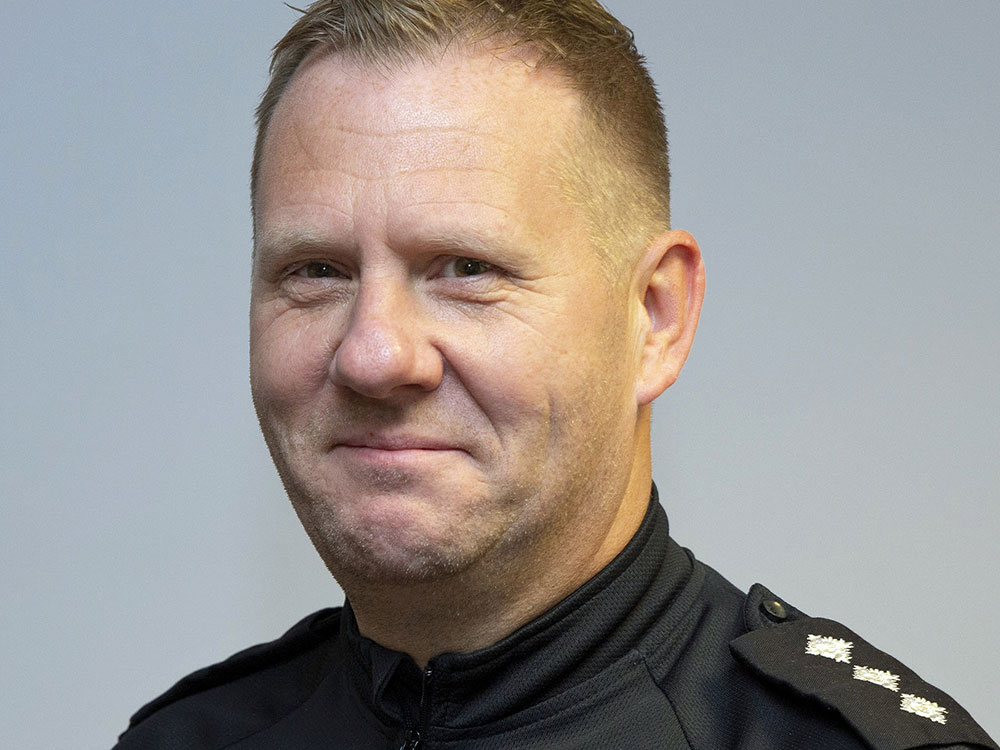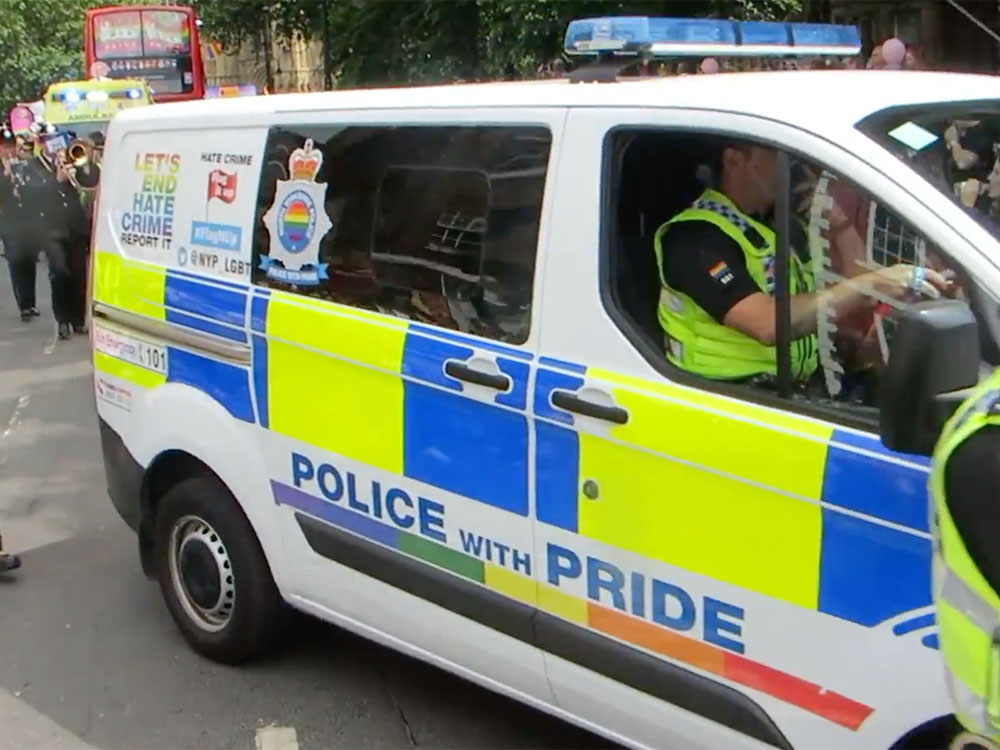North Yorkshire Police has said it needs to address gaps in its workforce data as it revealed only seven of its officers are on record as being gay.
It has only three officers recorded as bisexual, and no information on officers who have undergone gender reassignment.
That’s out of a workforce of 1,564.
The number of officers whose sexuality is recorded in the force is just 113 (7.2% of the workforce), with no information recorded for 1,451 officers. That’s the lowest out of a survey of 41 forces.
That means that about six per cent of the 7.2 per cent officers who have given their sexuality are gay. But it’s less than 0.5% of the entire workforce.
Police forces collect anonymous data on their workforce in an attempt to ensure they reflect wider society.
Officers don’t have to volunteer the information. And the number who do varies widely across police forces.
A survey by the PA news agency of 40 police forces found that 89.7% of the Cambridgeshire Police workforce has its sexuality recorded, while in Dorset it’s 39% – the second lowest. The lowest was West Yorkshire with 8.4%.
North Yorkshire Police failed to provide PA with information but gave these figures to YorkMix when we asked:
- the number of officers whose sexuality is recorded – 113
- the number of officers recorded as heterosexual – 103
- the number of officers recorded as gay/lesbian – 7
- the number of officers recorded as bisexual – 3
- the number of officers who have undergone gender reassignment – not available
- no information is recorded for 1,451 officers.
Understand the community
The issue of officer sexual orientation came to prominence after the damning conclusions of the inquest for the victims of serial killer Stephen Port.
There, grieving family members and friends said prejudice, a lack of LGBT officers in Barking and Dagenham, and a failure to engage with the gay community at the time meant crucial clues about his murderous spree were missed.

Chief Inspector Lee Broadstock, co-chairman of the LGBT+ network representing gay, lesbian, bisexual and trans officers across the country, said: “If we’re not representative of our communities then we don’t understand that community.
“There needs to be an understanding of what the communities need to give people an equitable police service.”
He added that gay officers can be reluctant to give their sexuality even anonymously as “sometimes they don’t trust what their force HR is going to do with their responses – are they going to be treated less favourably in future when it comes to promotions?”
[tptn_list limit=3 daily=1 hour_range=1]
A North Yorkshire Police spokesperson told YorkMix: “As a police service, we are continually working towards having a more diverse and representative workforce with equal opportunities for all.
“We have made significant strides in recent years through our Positive Action programme. This has focused on creating equality of opportunity for people with protected characteristics who might otherwise be at a disadvantage when it comes to recruitment, promotion and retention within the service.
“However, we know there are still gaps including having up-to-date records covering factors such as sex, race, age, disability, religion or beliefs, marriage and civil partnerships, pregnancy and maternity, gender reassignment and sexual orientation.
“All police forces ask officers and staff to share information about protected characteristics. The data is collected and shared locally and nationally to help paint a clear picture of the make-up of each force. This is always shared and held anonymously.
“Ultimately, the information gives forces the insights they need to be able to create a better workplace for everyone. This is something we are addressing right now.”
